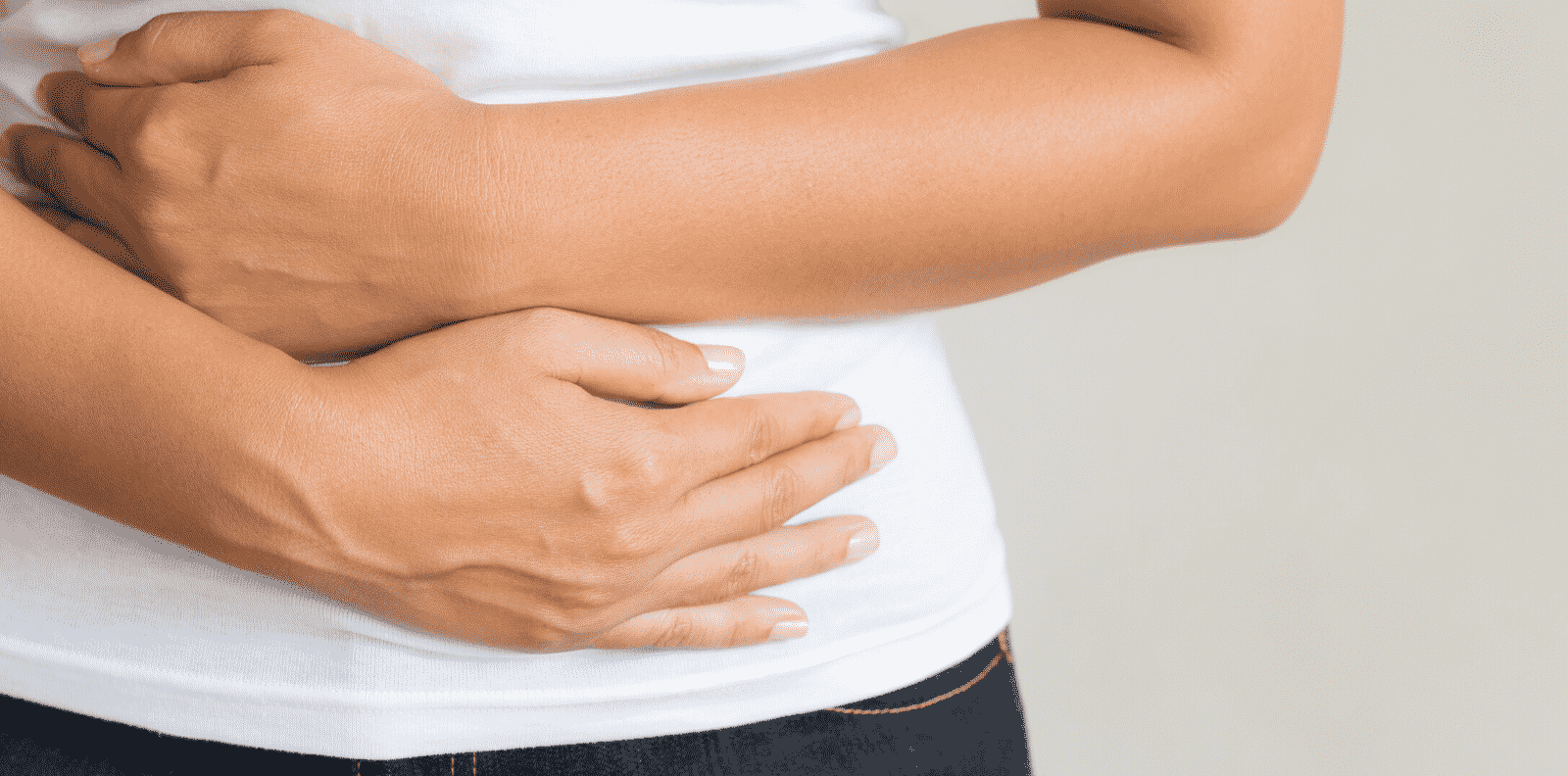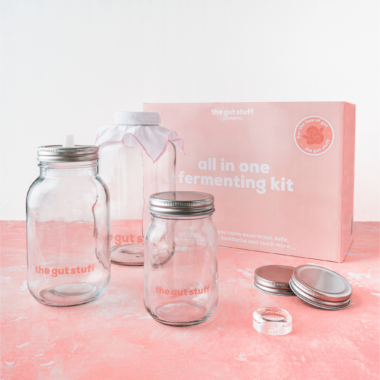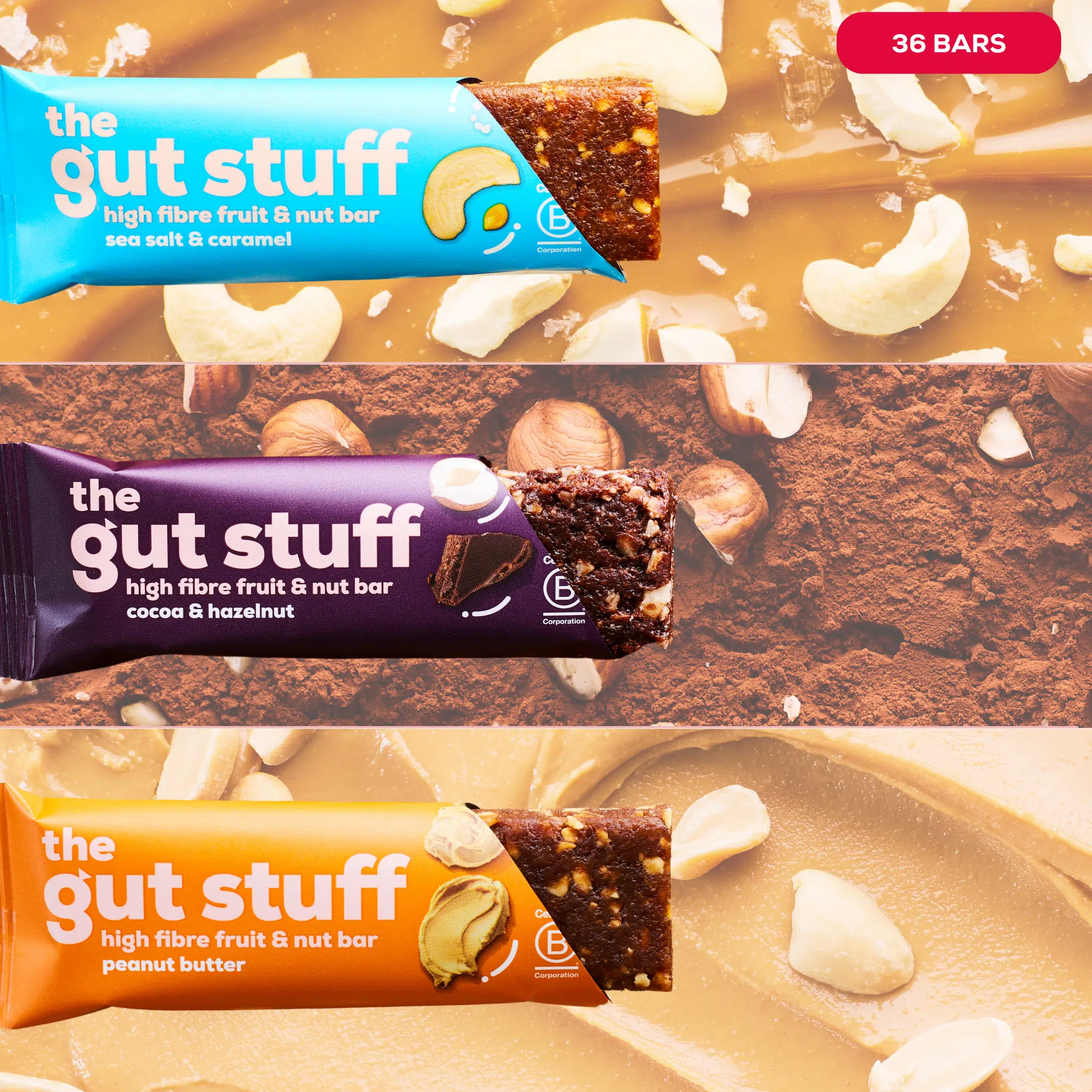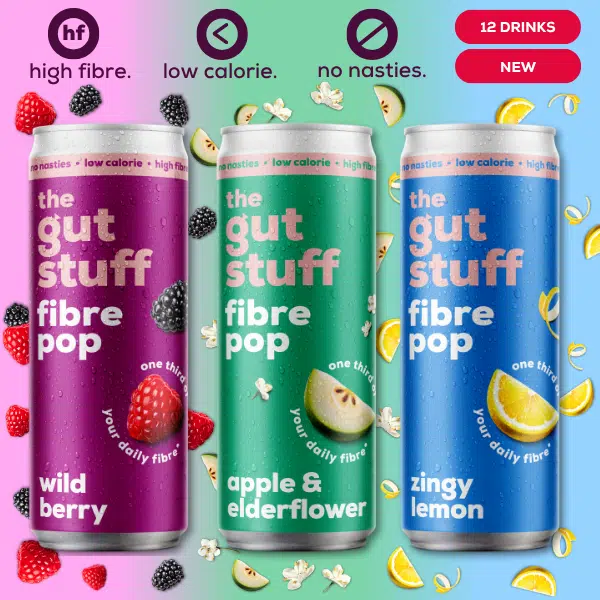0-30% of healthy individuals when asked reported that they regularly felt bloated. (1)
When IBS sufferers were asked if they regularly suffer with gut bloat, 90% responded yes. There was also a higher correlation of bloating with female IBS suffers compared to male. (2)
what’s the difference between bloating and distension?
Gut bloat tends to be described more like a feeling of fullness/inflation in the abdomen (tummy area). This can happen without physical signs or it can also be visible (but don’t get confused with distention).
Distension is when you can see an increase size or girth of the abdomen (you know the type where you stand in the mirror and question if you are pregnant or have a food baby in there!!)
You can be bloated and distended at the same time or experience each at different times.
Regular features of bloating/distension:
- It can increase as the day goes on (that feeling of can’t wait to get your jammies on when you get home)
- It can happen temporarily after a meal or at random times of day
- It tends to reduce overnight
Bloating/Distension tends to be caused by a build-up of gas in the digestive system.
what is normal bloating?
It is normal to have occasional bloating after a meal, gut bloat like this is caused by the process of eating/digesting food and moving everything through your digestive system.
If you feel a general movement of gas or a bit of tightness after eating this is all normal if it passes after a short period of time.
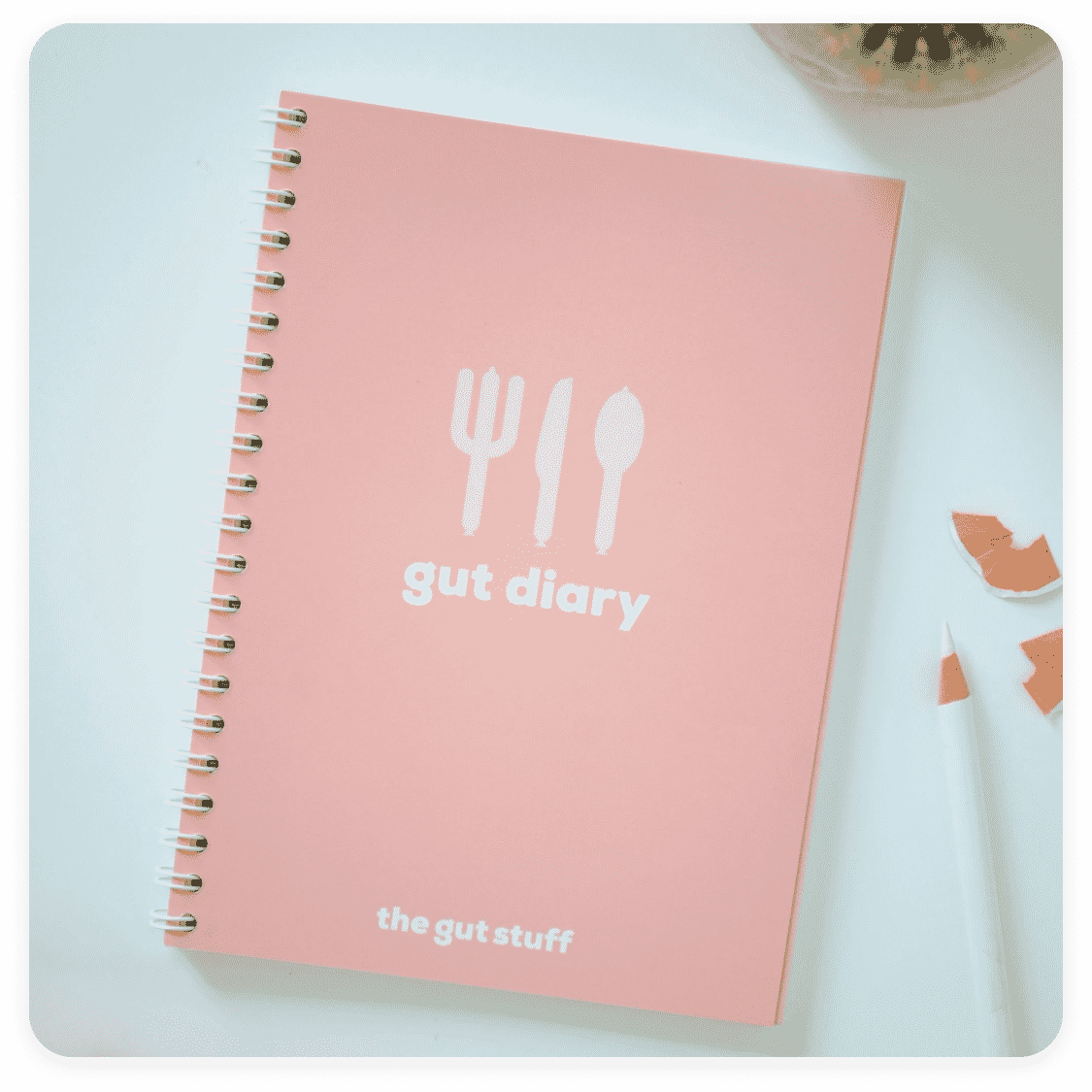
Get to know your gut with our gut diary
Check out our gut diaryabnormal bloating
If bloating comes with pain, nausea, heartburn, diarrhoea, cramps, excessive or fowl wind, or any other symptoms, you should speak to your doctor. This applies if the bloating persists & you have a constant feeling of fullness.
why we bloat?
Bloating could be due to:
- not chewing properly and eating too fast: The digestion that occurs in your mouth is two-fold. First, the action of chewing physically breaks down your food into small pieces and second, enzymes in your saliva help break down your food even further. If you are not chewing your food well enough and mixing your food with saliva it means you aren’t going to optimally break down your food. So do as your granny said, chew each mouthful 20-30 times before swallowing and try resting your cutlery down between mouthfuls.
- caffeinated or fizzy drinks: Caffeinated drinks may act as a stimulant causing the gut to spasm and may also inhibit the secretion of stomach acid and digestive enzymes. This can lead to undigested food passing into your small intestine causing excessive fermentation by bacteria, which produce gas as a by-product. The bubbles in fizzy drinks contain CO2, which puts gas into your system and can result in bloating.
- chewing gum: Most sugar-free chewing gum contains sorbitol, a laxative, which can cause gut issues like bloating.
- tight pants/tights or clothing: If your clothes are too tight they can constrict your tummy, which makes it harder for food and gas to pass through. This may cause bloating and discomfort.
- large meals: Too much food at any one time, means more work for your gut, which may result in bloating.
- holding in the toilet: May of us don’t want to go to the loo in public/ communal/ work toilets. Holding on to your poo can cause excessive fermentation and cause a build-up of gas and cause unnecessary bloating.
- too much fibre too quickly: Increasing your fibre too much too quickly can cause bloating while your gut adjusts. It is best to increase your fibre intake by 5g per day per week over a few weeks to reduce the risk of bloating.
- stress: Your brain and gut have a tight connection. When we are stressed, digestion can slow down, causing excessive fermentation in the gut or physical pain through distention. Try to learn strategies to manage stress, whether physical or emotional.
- positioning for eating: If you are eating most of your meals bent over at a desk this can restrict the movement of food through your digestive system, again, resulting in a build-up of gas in certain areas.
- hydration: Water works with fibre to increase the bulk and softness of your stool. If you are constipated this can result in bloating. Constipation can often be resolved by drinking more water and ensuring you are eating adequate fibre.
quick top tips to reduce unnecessary bloating:
- Exercise can help with getting things moving and therefore reducing gas build-up.
- Chew your food well/ slow down your eating & check your positioning for eating.
- Be mindful about caffeinated and fizzy drinks
- Assess your portion sizes
- Avoid chewing gum
- Try not to hold going to the loo
- Avoid restrictive clothing
- Monitor your fibre intake if increasing do it gradually (5g per day)
- Monitor your hydration, optimum hydration helps the food move through your digestive system better.
- Learn how to manage stress (from training too hard to mental worry). Relax and unwind where you can.
- Be mindful how and what you are eating
All this will support reducing gut bloat!
